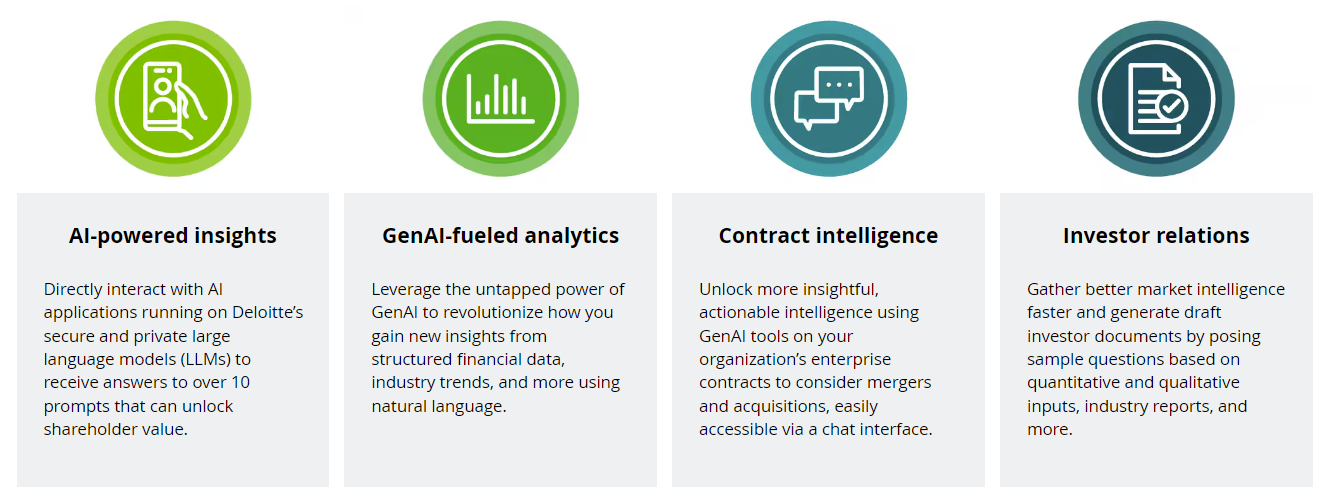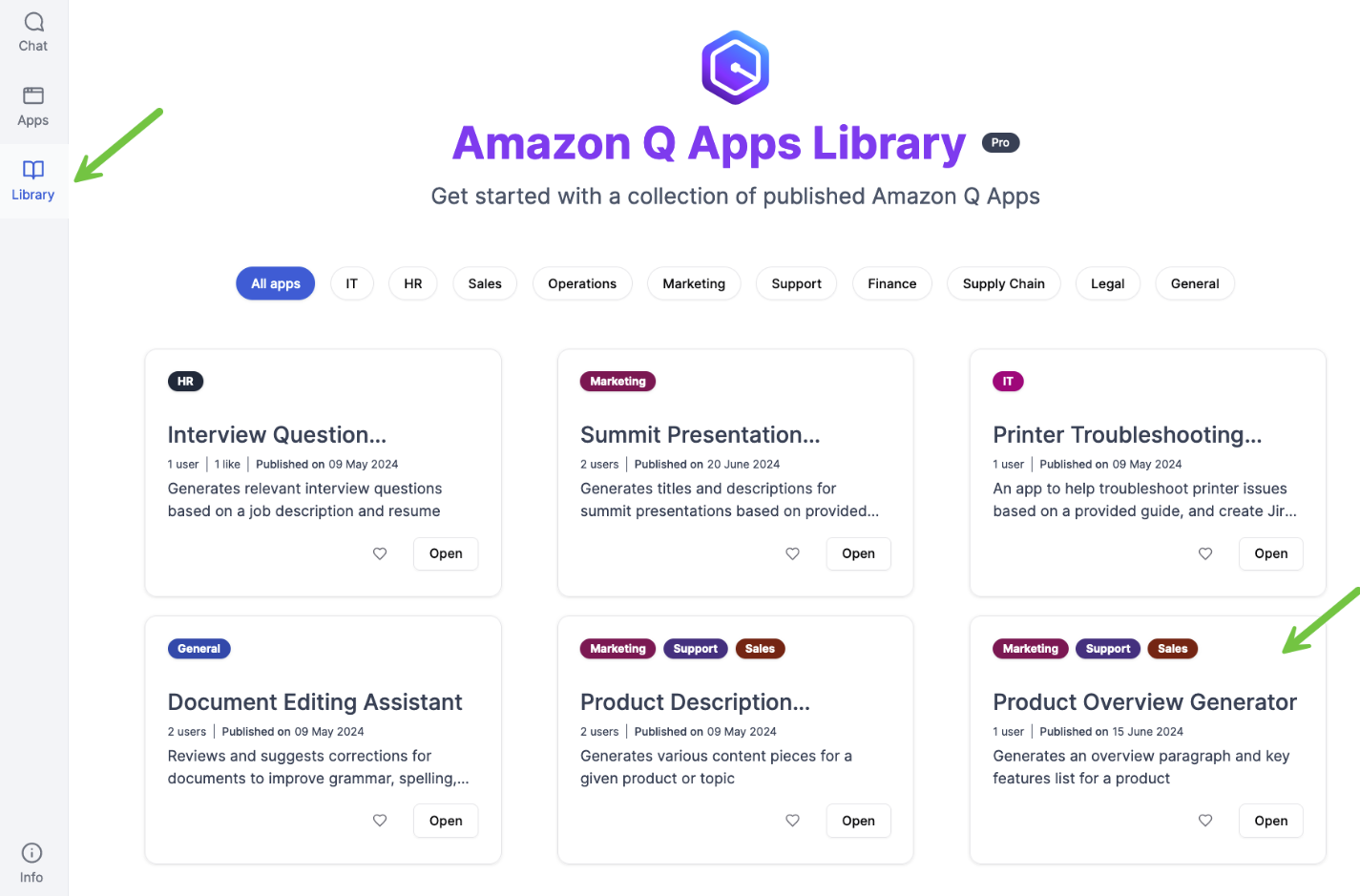Enterprise software could be disrupted as category windows become collateral damage to generative AI. The scenario: Today's go-to systems are relegated to plumbing as generative AI becomes the de facto user interface that democratizes data, insights, analytics and automation.
Today, enterprise software is dominated by category winners such as Salesforce in CRM, Workday in HR, Oracle and SAP in ERP, Microsoft in productivity and ServiceNow in workflows starting with IT service management.
Generative AI may upend this situation as horizontal services connect systems and provide an interface that essentially composes applications on the fly. In other words, genAI is the new UI and without the surface layer enterprise systems are simply data stores.
In recent days, we've seen the following:
Runway launched its financial planning application that aims to make it easier for businesses to run their finances. Runway is more about an ambient experience than something trying to replace your existing systems. Directionally, what Runway is trying to accomplish makes sense.
This post first appeared in the Constellation Insight newsletter, which features bespoke content weekly and is brought to you by Hitachi Vantara.
Deloitte launched an AI suite for CFOs and will likely expand into the rest of the C-suite. The general concept is generative AI that speaks finance and is trained on Deloitte, third party and enterprise proprietary data. This GPT for CFOs approach collects data from various source systems to provide a real-time view into enterprise financial health, insights and scenario modeling. The source systems for this GPT for CFO suite? Oracle and SAP (finance), Coupa (procurement), Salesforce (revenue), AWS Redshift, Snowflake and Databricks with more connections on deck.

AWS said its Q Apps are generally available. AWS' Q effort is a horizontal approach to generative AI that enables enterprises to automate workflows, create agents that act on your behalf, and automate tasks. Amazon Q is already boosting developer productivity, but its Q Business effort is likely to be a long-tail play for C-levels.

Anthropic is also on the way toward bespoke software. The company’s Artifacts effort is about melding collaboration with genAI.
The theme for these new efforts is simple: Combine data sources, find issues and deliver fixes that drive value. All that is missing from these various efforts is the process mining and automation component that could pair up with evolving genAI interfaces. ServiceNow is tying these disparate enterprise parts together as a platform, but AWS could be downright disruptive. ServiceNow CFO outlines method to Pro Plus SKU pricing
How could Q be disruptive to enterprise software? A few reasons:
AWS has the infrastructure layer and tooling to drive efficiency and potentially compress enterprise software margins. AWS also doesn't have an enterprise software business to protect. AWS did it to data center hardware, moves fast and is focused on customer needs.
CIOs are receptive to hearing more about AWS, Amazon Q and Q Apps because they are tired of software vendors that are looking to maintain margins over customer needs. Enterprise vendors are bifurcating between those that are trying to preserve margins and those that'll absorb some compression.
It’s been a year of disgruntled CXOs in our BT150 meetups.
- BT150 zeitgeist: Dear SaaS vendors: Your customers are pissed
- BT15O CXO zeitgeist: Vendor procurement, cool projects and margin compression
- BT150 CXO zeitgeist: Data lakehouses, large models vs. small, genAI hype vs. reality
- BT150 CXO zeitgeist: Low marks for SAP RISE, process automation, change management, AI risk
- BT150 CXO zeitgeist: AI trust, AI pilots to projects, VMware angst, projects ahead
Enterprises realize technology is at an inflection point, but generative AI is moving so fast they will want horizontal approaches so they can abstract the systems underneath (and avoid lock-in).
Generative AI has created a market that's split between customers that want to build vs. want to buy. An enterprise operating system that enables you to adapt regardless of the enterprise software underneath is compelling. That enterprise OS will have to be built and AWS is all about builders.
Insights Archive
- Education tech in turmoil amid genAI: Why consolidation is next
- 14 takeaways from genAI initiatives midway through 2024
- OpenAI and Microsoft: Symbiotic or future frenemies?
- AI infrastructure is the new innovation hotbed with smartphone-like release cadence
- Don't forget the non-technical, human costs to generative AI projects
- GenAI boom eludes enterprise software...for now
- The real reason Windows AI PCs will be interesting
- Copilot, genAI agent implementations are about to get complicated
- Generative AI spending will move beyond the IT budget
- Enterprises Must Now Cultivate a Capable and Diverse AI Model Garden
- Financial services firms see genAI use cases leading to efficiency boom


